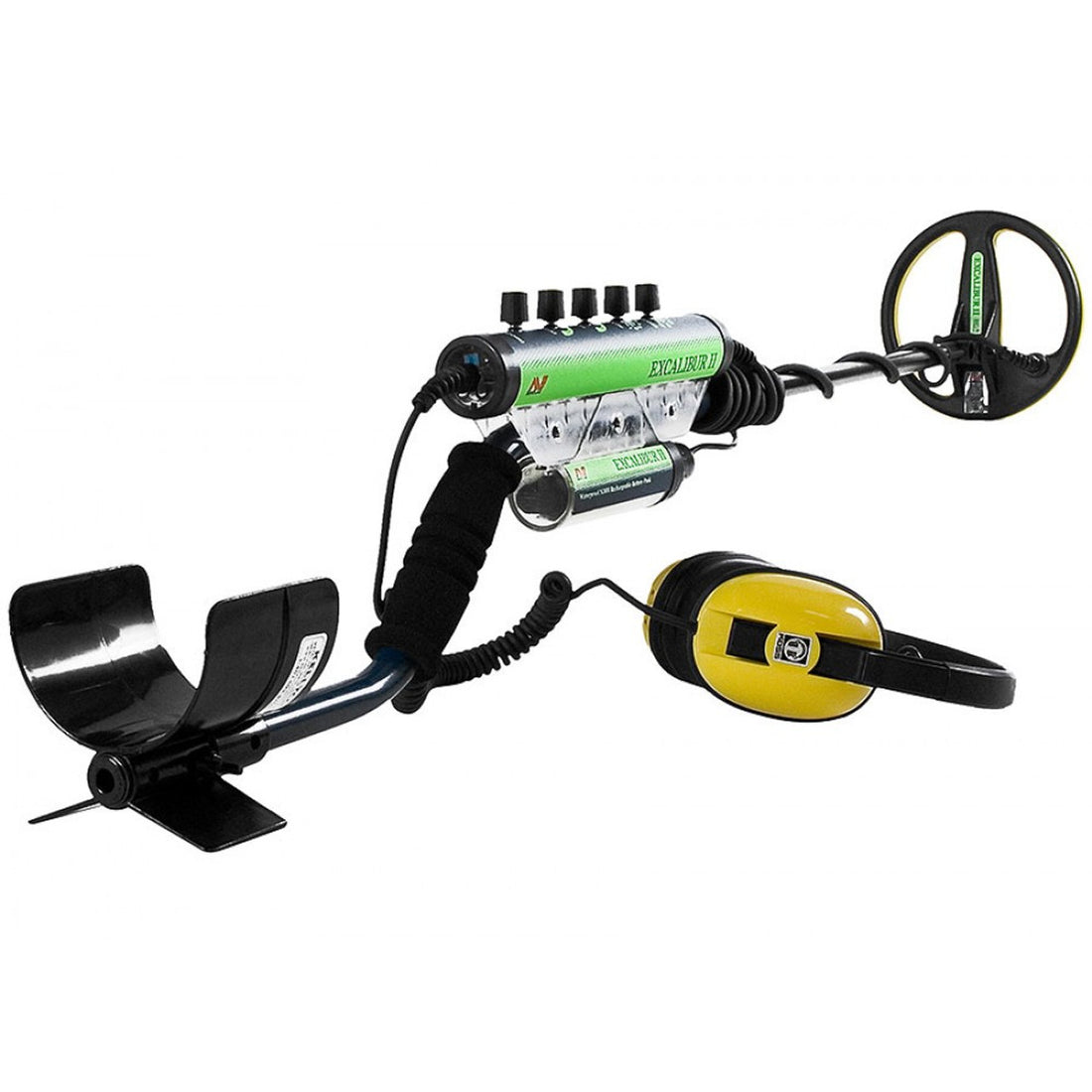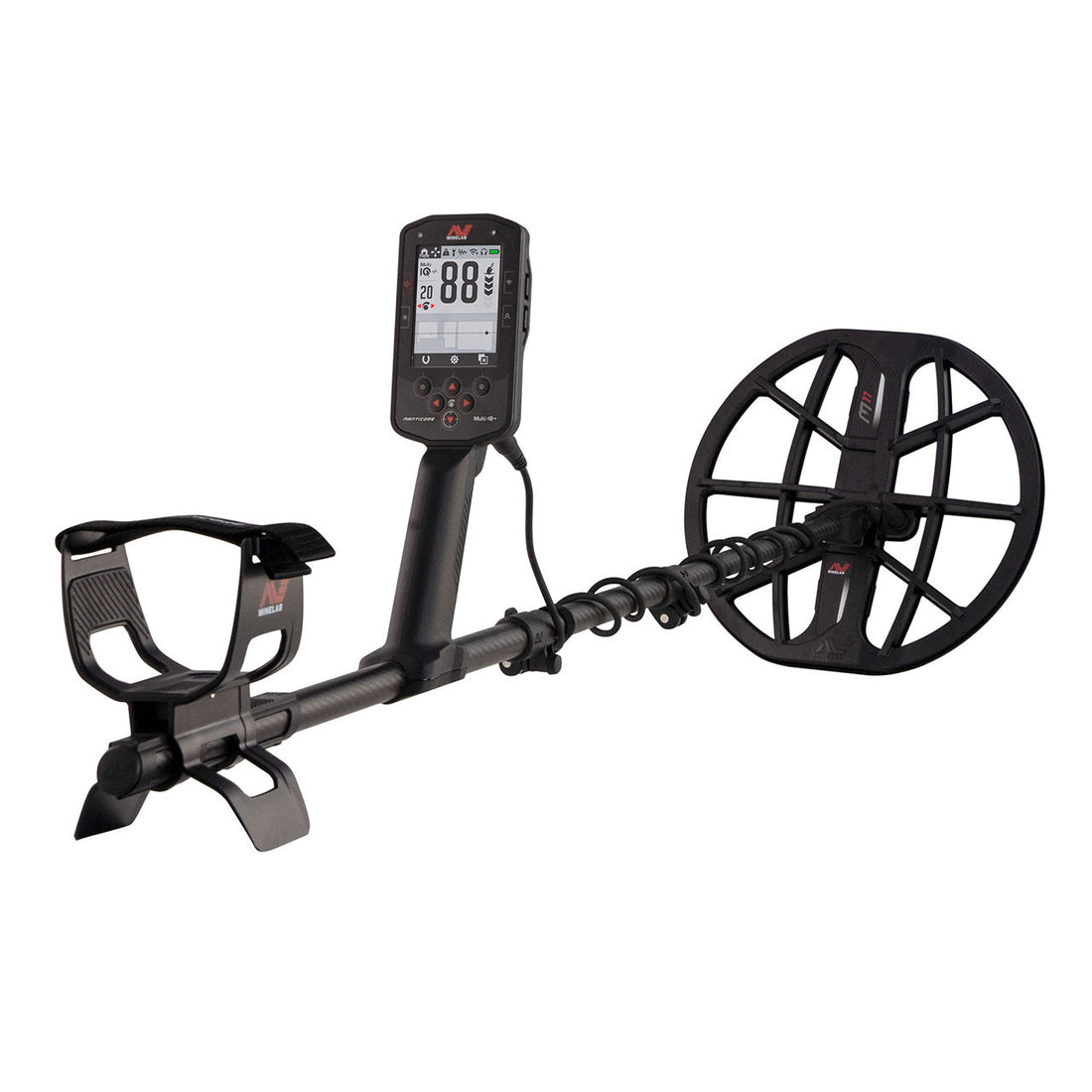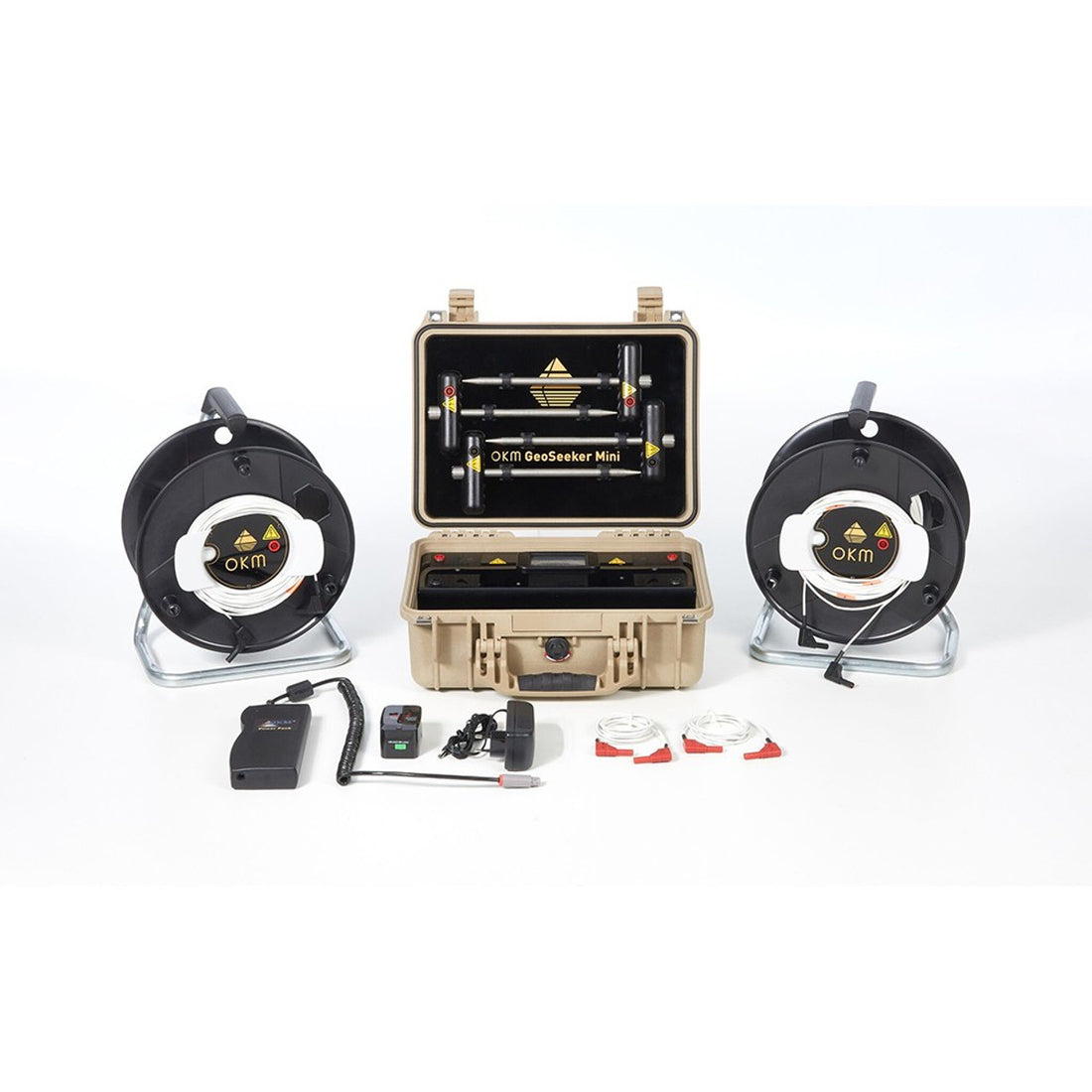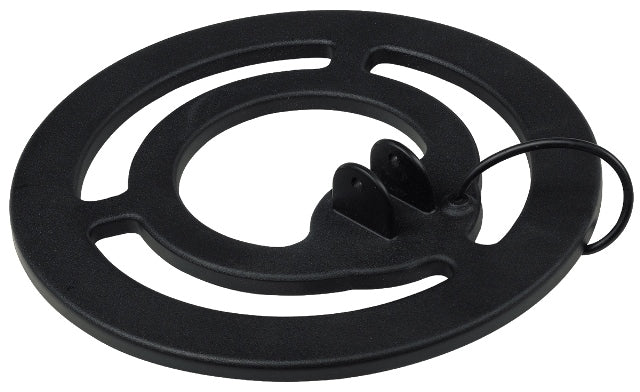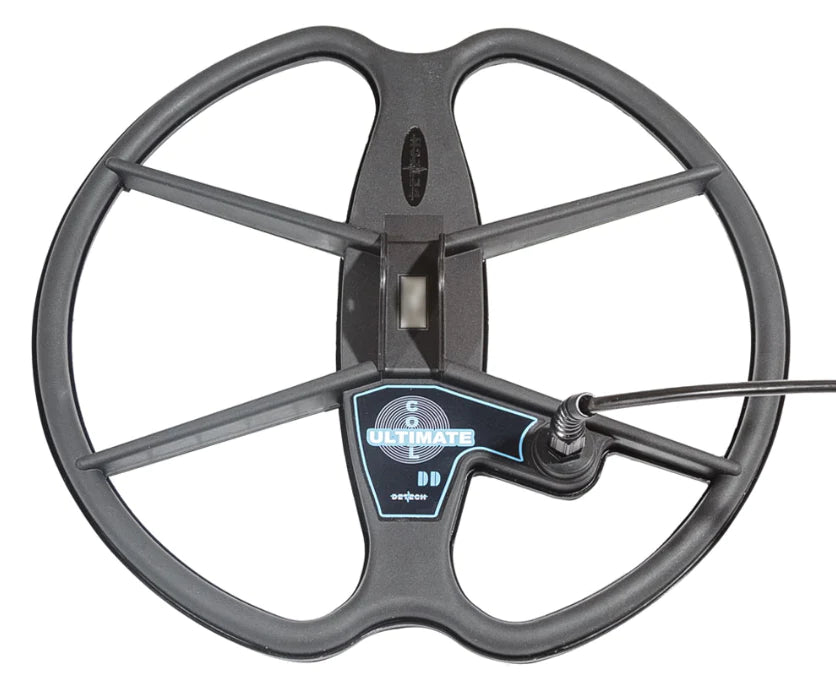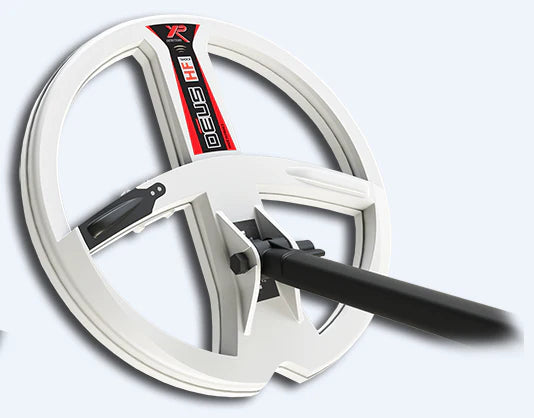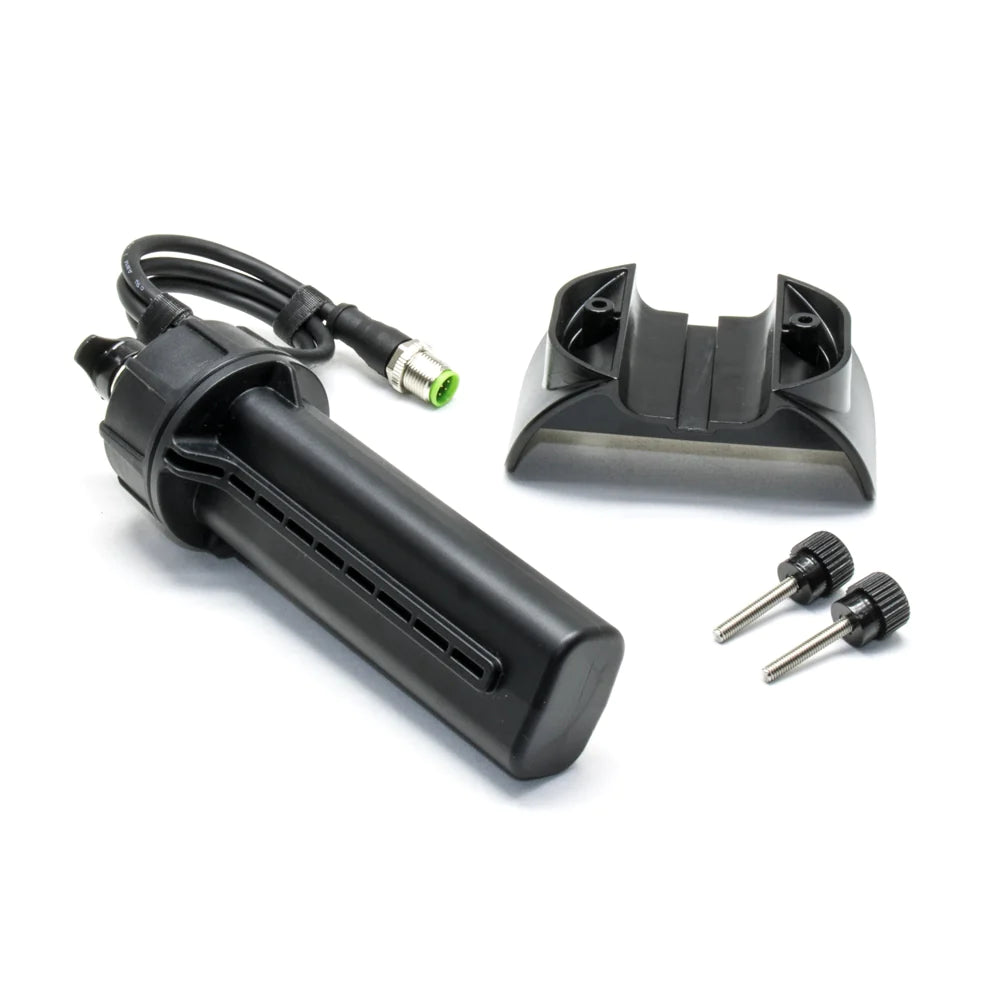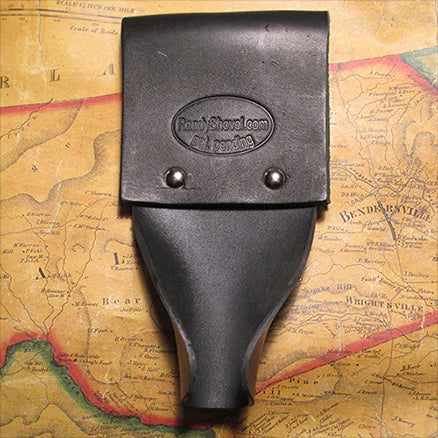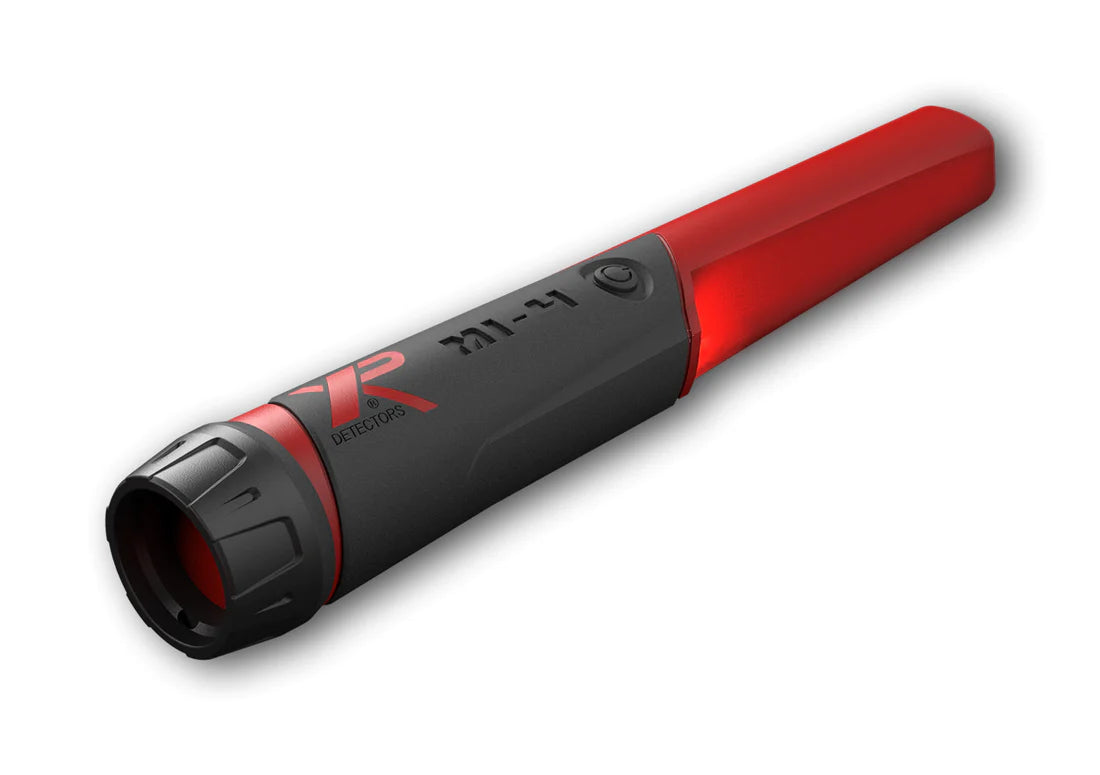Tips for Finding Coins in your own Neighborhood
The beauty of coin hunting is that virtually every professional metal detector will locate coins—whether it’s an entry-level, mid-level or high-end model. There are metal detectors specifically designed for coin-hunting, but general-purpose models will all signal when they locate coin targets. Coin hunting is also a great place to start for those who are new to the hobby of treasure hunting. Millions of coins have been recovered with metal detectors; and millions more still await discovery. If you’re equipped for coin hunting, you’ll just need to learn a few tips and create a list of hunting spots. If you’re excited about the idea of coin hunting, get yourself a detector, keep reading and let the adventure begin!
Lost Coins are Scattered Throughout your Town or City
Coins are lost everywhere people frequent or where people congregated centuries ago. It would be impossible to list every potential place to search. But detectorists often post in forums where they’ve had success or found a cache of coins. Be sure to request permission before hunting on private property and check the national and local laws in your area regarding other public areas. For starters, search along all sidewalks and the strip of grass between the sidewalk and curb. This is especially true in high-traffic pedestrian areas. Use your eyes as well as your ears to search. You will often see coins right on top of the ground before your detector even picks it up. Parks and playgrounds are usually high on the list of sites to search for coins because children easily lose them. They may not be old or valuable, but you will certainly find coins—and the more experience you get, the more adept you’ll be at this hobby. If there are bus stops in your city, check around the benches there.
We can’t forget beaches! Anywhere people frolic and play in sand and water is a potential hot spot. The typical picture of a treasure hunter involves a metal detector on the beach—for good reason. Stadium seats and bleachers are cited as lucrative coin hunting grounds. Spectators unknowingly lose coins and jewelry as they’re getting up and down from the seats. Experts advise that you take time to look around the fences at stadiums because paper money gets blown there in the wind. Same thing applies to fenced areas around parking lots. Search the grounds of schools and college campuses. Students often lose money while running or waiting between classes. Churches are on the list of top hot spots. You can search along walks and steps outside the church, or around areas that unload passengers. If there are old, abandoned homes in your neighborhood, make a point to take your metal detector there. Search around front porches, back door steps, walkways and driveways. Scan floors, baseboards and floor coverings carefully for lost coins. Very valuable old coins are often found between the baseboards and the floor. Interestingly, people used to hide coins behind boards in the wall and inside hollow doors. For more expert coin-hunting advice, refer to: What are the Best Metal Detectors for Finding Coins?
Tips from the Experts for Greater Success
Here are some pointers from veteran coin hunters to help you score a haul of coins:
- Each time you go on a hunt, make a record of the coins you’ve found and their date. Circle the sites with coins dating earlier than 1965 and you’ll have a record of your best digging sites.
- Carefully examine your hunting site. Where are people hanging around? Make note of where the grass is worn down from foot traffic. These are clues to finding places to hunt.
- If you’re at a good site, look at what you’re finding. If it’s a high-trash area, you may want to get a smaller search coil so you can pinpoint coins. If the coins are all deep, a larger coil would be better. A hand-held pinpointer like the Garrett Pro-Pointer is very sensitive and will quicken the recovery of coins.
- Learn to recognize your detector’s sounds when it finds a coin. Usually coins produce a single, solid sound. It will start and stop suddenly going from silent to full volume with each sweep of the coil.
- Set up a grid pattern for scanning an area. You don’t want to miss large areas of a park or search the same area repeatedly.
- If you find lots of coins and little treasures in one area near the surface, you may have come across a site that’s never been hunted before. Take your time and search each 10 feet carefully. Then, note the exact location so you can come back again.
Important Detector Features for Finding Coins
Hunting for coins is made easier with specific features built into the metal detector. Target identification allows the user to determine what the target is prior to digging it up. (It is not always 100% accurate.) Many detectors are equipped with an LCD display screen which has a meter that displays whether the target is: iron, foil, a nickel, dime, penny, quarter, pull tab, screw cap or something else. There is also an audio signal that sounds different depending on the type of metal being identified. A depth indicator is helpful—it tells you how far down the targets are. Most units have some function of discrimination. Discrimination allows you to tune out trash metals. For instance, iron nails tend to signal in a lower range frequency, while coins tend to fall in a higher frequency. Ground balance is an important feature when hunting in areas with high ground mineralization, such as the beach.
Below are our top-selling metal detectors for coin hunting.
Entry-Level Coin Detectors
Mid-Level Coin Detectors
High-End Coin Detectors
Hand Held Pinpointers
Need inspiration or stories of beginner’s luck with a metal detector?
Check out our “My Finds” section—where hobbyists submit true stories about their treasure finds. Readers get to vote on the best story and the winners get cool prizes. In this story: My Garrett AT Gold, a guy from Australia started finding coins on his first day out on a test run. Over his first three days of coin hunting, he uncovered $160 in coins and later found a very rare penny. You can be successful, too, if you simply embark upon this exciting hobby!
© 2013 Detector Electronics Corp. - Revised 2020

